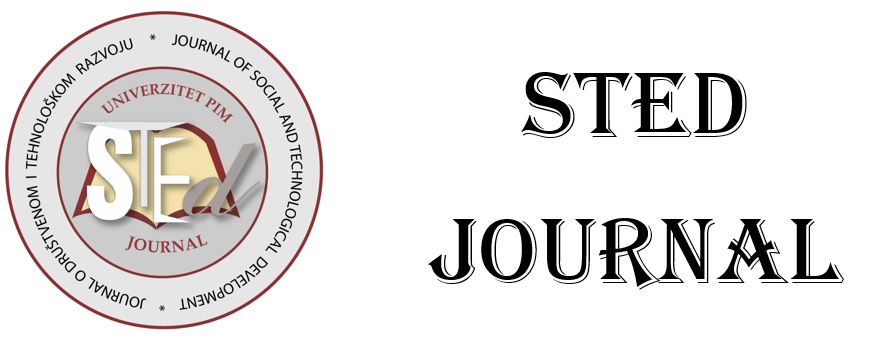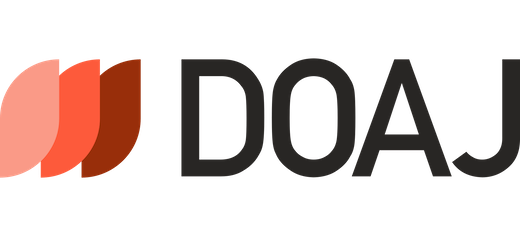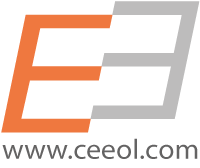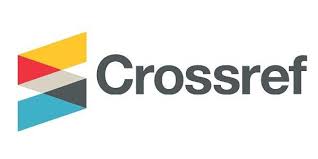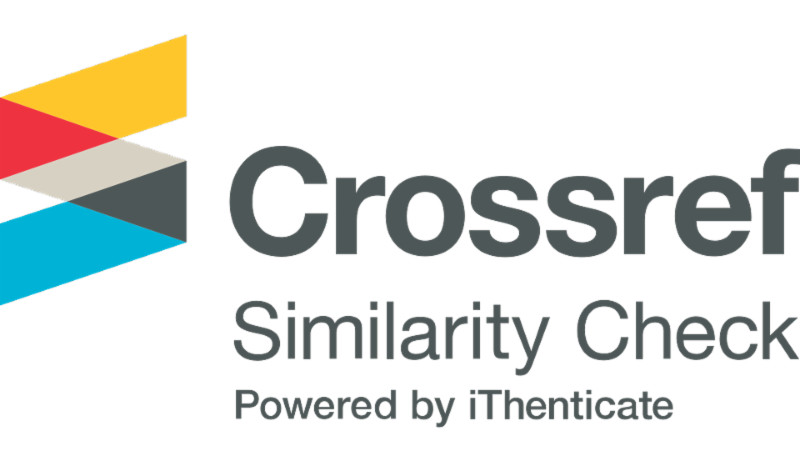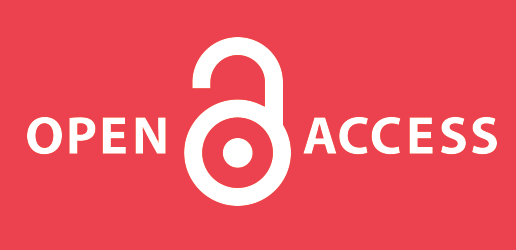
More articles from Volume 6, Issue 1, 2024
ANTICANCER POTENTIAL OF NOVEL PALLADIUM(II) COMPLEXES WITH ACYL PYRUVATES AS LIGANDS: DNA AND BSA INTERACTIONS AND MOLECULAR DOCKING STUDY
ANALYSIS OF ECONOMIC AND BUSINESS INDICATORS OF ENTREPRENEURSHIP IN REPUBLIC OF SRPSKA
MARKETING STRATEGIES IN RECRUITING AND TRAINING VOLUNTEERS FOR THE ORGANIZATION OF SPORTS COMPETITIONS
ARTIFICIAL INTELLIGENCE: EFFECTS ON SOCIETY, THE ECONOMY, AND ITS REGULATION
BLOCKCHAIN IN PUBLIC ADMINISTRATION IN BOSNIA AND HERZEGOVINA
Article views
ATTITUDES OF DIGITAL TECHNOLOGY USERS ON THEIR IMPACT ON DAILY LIFE, WORK, AND MENTAL HEALTH
Faculty of Economics, University PIM , Banja Luka , Bosnia and Herzegovina
Technical Faculty, University PIM , Banja Luka , Bosnia and Herzegovina
Received: 04.03.2024.
Accepted: 13.05.2024. >>
Published: 30.04.2024.
Volume 6, Issue 1 (2024)
pp. 56-72;
Abstract
The digital technological revolution began in the second half of the last century. Its development in the first decades after the discovery of the transistor was rather slow. Acceleration and a wider awareness of the possibilities began to spread after the introduction of the Internet. And then the last two decades brought rapid development of digital technologies and general acceptance in private and business life. The benefits for individuals, companies, institutions and society as a whole are enormous and unquestionable. Nevertheless, bearing in mind the conducted studies on the degree of digitization of certain areas of society and certain countries, it is considered that the potential is huge. And significant breakthroughs supported by artificial intelligence are still expected. However, in addition to the undoubted benefits, there are also certain negatives, which are not sufficiently clarified or which are often obscured. Therefore, this paper aimed to determine the attitudes of the users themselves towards digital technologies, and in its last part, it examined the existence of negative effects on the mental health of users of digital technologies. The results are expected in the part of the examination of the benefits arising from the use of digital technologies. The existence of negative effects on the health of users is not a surprise either. The surprise is the degree of negative impact and lack of corrective action by the user. In other words, users are aware of the negatives that arise from, primarily, the excessive use of digital technologies, but they still do almost nothing to reduce these negative consequences.
Keywords
References
Citation
Copyright
All papers are licensed under a Creative Commons Attribution 4.0 International License.
Article metrics
The statements, opinions and data contained in the journal are solely those of the individual authors and contributors and not of the publisher and the editor(s). We stay neutral with regard to jurisdictional claims in published maps and institutional affiliations.
